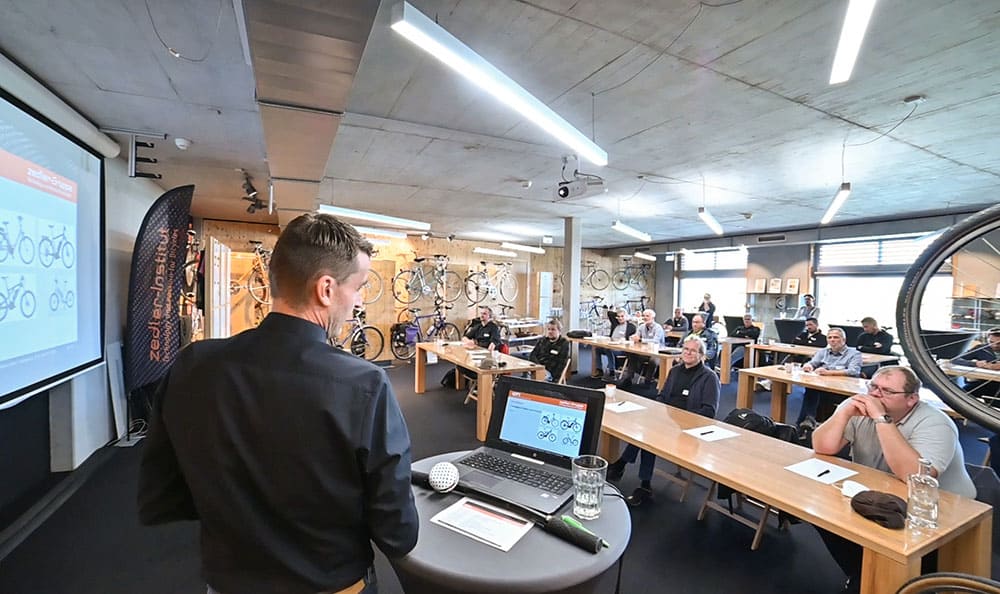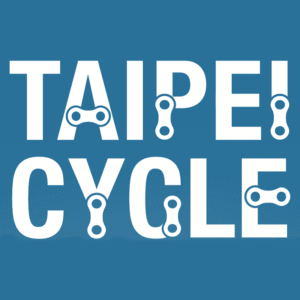The European bicycle market is attracting new players in all categories, from investors and automotive companies, to insurers, motor vehicle experts and dealers of all kinds. How should the traditional cycling trade adapt to this new market landscape?

The majority stake taken by the investment holding Group Bruxelles Lambert (GBL) in direct seller Canyon in late 2020 was the final proof that the cycling industry has outgrown its niche status. Canyon started out as the store brand of Koblenz-based bike dealer Radsport Arnold. It quickly became and has remained one of the technology leaders of the cycling sector as a whole, and is outstandingly successful in pro sports, from triathlon to Pro Tour road racing and various MTB categories, such as cross-country and downhill. At the time of the sale (during the Covid crisis), the company was valued at 800 million euros, with a self-reported growth of around 25% p.a. before that.
For many years, the traditional players in the cycling industry had refused to give credence to such brilliant success. No trying out bikes bought online, no sales assistants to give advice, riders having to make their own adjustments, and no local bike shop to provide maintenance. This last aspect in particular was what traditional outlets resorted to when faced with this new and growing competition. Many dealers still refuse to repair and service bikes from direct sellers, including those another major player Rose Bikes and others.
But as Canyon has shown, blocking and denying do not seem to be the best (defensive) strategies. Almost everyone in the cycling industry will have to prepare for serious changes, and make the right proactive choices.
For the typical bike dealer with an attached workshop, the challenges have been enormous over the last few (Covid-ridden) years, and that pressure is set to only increase. Dealers are often disadvantaged by limited product choice in the store and hampered by bottlenecks in the workshop. This unholy mix is compounded by a lack of qualified staff in the service areas, from sales assistants to leasing and insurance experts and mechanics that are able to hand customers complete, roadworthy bikes and e-bikes during busy periods, instead of bodges. Well-organised workshops that can complete lists of jobs scheduled at short notice while still performing smaller unscheduled repairs on the fly remain thin on the ground.
Automotive service chains and dealership networks
Players in the automotive industry, itself in transformation, are increasingly trying to fill this gap. Large chains like ATU (despite still describing itself as ‘your reliable partner for auto parts and car service’) are pursuing long-term plans to establish a comprehensive network for e-bike services. ATU operates around 600 service centres throughout the DACH region.
The first car dealership networks have picked up on the trend and started to sell and service e-bikes. Such up-and-coming market players are virtually predestined to make inroads into the bicycle trade. What they lack (for now) in specialised bicycle know-how, they make up for with a solid workshop infrastructure, years of experience with computerassisted workshop tasks, the ability to process online appointments and a mostly well-organized repairs acceptance process. Electric cars require less maintenance than combustion engines, and that pressure will motivate them to close their knowledge gaps fast. Plus, these new challengers in bike technology are closer to our industry than many think: Bosch, Brose, Mahle, Yamaha and ZF are all known quantities in the automotive industry. And so the vicious circle closes around bike retailers: even brands that have remained loyal to brick-and-mortar sellers will increasingly distribute their wares online or through outlets outside the industry, like consumer electronics chain Media Markt. Maintenance will be provided by automotive companies, which will sell spare parts and accessories on the side.
Learning from the other side’s strengths
As road cyclists know, you win bike races by attacking when you are already hurting anyway. It’s high time the traditional cycling trade took heed. Instead of manufacturers rubbishing retailers, or vice versa (which I hear far too often), the industry needs to join forces in many areas. The automotive world is far more advanced in that respect. But how to do it?
Manufacturers and dealership networks, in fact all the players in the industry (insurers, lessors, etc.) need to prepare attractive training packages. These should cover more than products, technology, leasing and insurance contracts. Aspects typically thought of as soft topics, such as communication with customers and service reception, need to be brought to a higher standard as well. Add to this specialised topics, e.g. preparing professional quotes or expert opinions after accidents.
The important thing is: merely having the boss get the message isn’t enough. The knowledge must reach the whole team. Changing your approach is the biggest challenge. Dealers must invest in sending their staff to learn about the respective topics.
On the upside, our chances have never been better, since interest in the cycling industry comes not just from investors and the automotive world. More and more people are also applying for jobs in the bicycle trade. To attract fresh talent to the industry, dealers now have courses available to train in many occupational fields and have people crossing over from other industries qualified too.


